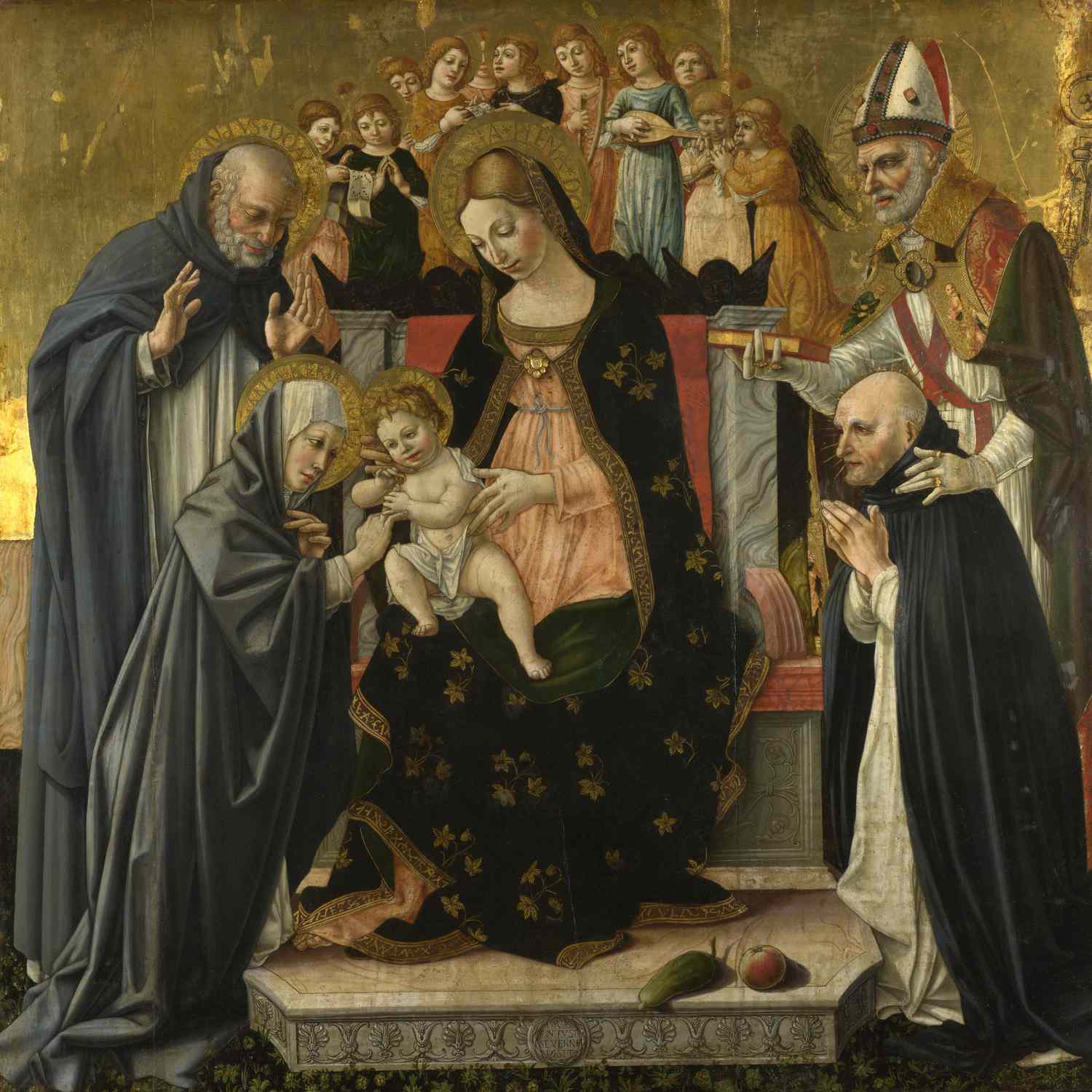Baptism is a fundamental sacrament in the Catholic Church, and an important question often arises: “Why do Catholics baptize infants?” This practice, deeply rooted in Catholic tradition and theology, holds significant spiritual meaning. Understanding why do Catholic baptism infants can deepen one’s appreciation of the Catholic faith.
The Importance of Baptism in Catholic Tradition
Baptism is the first sacrament of initiation into Christian life. Through it, the Church teaches that we are freed from original sin and welcomed into the community of believers. John 3:5 emphasizes this by quoting Jesus, “Truly, truly, I say to you, unless one is born of water and the Spirit, he cannot enter the kingdom of God.” Baptizing infants reflects the Church’s desire for all to receive grace as early as possible.
Why Do Catholics Baptize Infants?
Catholics baptize infants because the Church believes baptism is necessary for salvation. In Matthew 28:19, Jesus commands, “Go therefore and make disciples of all nations, baptizing them in the name of the Father and of the Son and of the Holy Spirit.” The Church interprets this as a command for everyone, regardless of age. Salvation is for all, and baptism opens the way to receiving God’s grace. This is one reason why do Catholic baptism infants.
The early Church Fathers supported infant baptism as well. St. Augustine wrote that original sin affects everyone, including infants. He said, “For this reason, too, the Church has received the tradition from the apostles to give baptism even to infants” (Confessions, 1.11). This forms the theological basis for why Catholics baptize infants.
The Grace of Baptism for Infants
Baptism is not just a symbol; it brings real grace. The Catechism of the Catholic Church teaches that “Baptism not only purifies from all sins but also makes the neophyte ‘a new creature,’ an adopted son of God” (CCC 1265). Though infants cannot profess faith, they enter into a covenant with God through the faith of their parents and godparents. Parents must raise their children in the faith, as instructed in Ephesians 6:4, “Bring them up in the training and instruction of the Lord.” This also explains why do catholic baptism infants.
Baptizing infants reflects the Church’s belief in the communal nature of faith. The Didache, one of the earliest Christian writings, confirms the tradition of baptizing in the name of the Father, Son, and Holy Spirit. This inclusive act welcomes the infant into the family of God.
The Role of Parents and the Faith Community
When an infant is baptized, it is a communal event. The parents and godparents make a profession of faith on behalf of the child. This act shows the Church’s belief that faith grows within a community. Vatican II affirms, “Baptism incorporates us into Christ and forms us into God’s people”【26†source】. The infant begins their spiritual journey, supported by family and the larger Church community.
A Covenant with God
Catholics baptize infants to establish a covenant between God and the baptized, regardless of age. In the Old Testament, circumcision was the sign of this covenant, given even to infants. Baptism replaces circumcision in the New Testament, as St. Paul explains in Colossians 2:11-12: “In Him, you were also circumcised… having been buried with Him in baptism.” This continuity shows the importance of baptizing infants as the new sign of the covenant with God. Therefore, understanding why do Catholic baptism infants is crucial to appreciating the sacrament’s profound significance.
Infant Baptism in the Early Church
The tradition of baptizing infants has deep roots in early Christianity. Origen, an early Christian writer, states, “The Church received from the apostles the tradition of giving baptism even to infants” (Homilies on Leviticus). This practice has been present in the Church since its inception, affirming that infant baptism is not a later development but part of early Church life.
Conclusion: A Timeless Practice
Why do Catholics baptize infants? The Church wants all, including infants, to share in God’s grace from the start of their lives. Baptism cleanses original sin and brings individuals into Christ’s body, leading them toward eternal life. As Peter says in Acts 2:39, “The promise is for you and your children.” This timeless promise remains a cornerstone of Catholic faith, and infant baptism continues to play a vital role in the Church.
By baptizing infants, the Church fulfills Christ’s command to “let the little children come to me” (Matthew 19:14). Even the youngest receive the sanctifying grace of baptism, marking the start of their journey toward eternal life in Christ.
